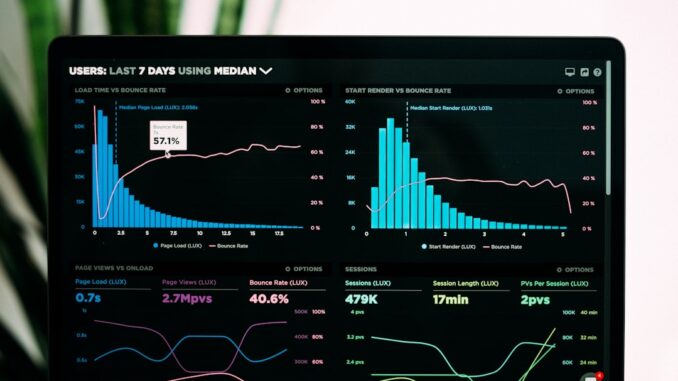
Summary
EyeMed Vision Care has settled multiple times for a 2020 data breach impacting 2.1 million people. This article focuses on the $600,000 settlement with New York and the broader implications of the breach, highlighting the need for robust security in healthcare. The incident underscores how shared passwords and inadequate security measures can lead to significant financial and reputational damage.
Main Story
Okay, so let’s talk about EyeMed Vision Care. You know, the vision insurance people? They found themselves in a bit of a pickle a few years back. It all started with a pretty major data breach in 2020, and honestly, it’s a story that highlights just how crucial robust cybersecurity is.
This wasn’t a minor thing either; we’re talking about 2.1 million people having their info exposed. Can you imagine? Names, social security numbers, even medical diagnoses and treatment details were all out there. The breach itself happened in June 2020, but the legal aftermath? Well, that took some time to untangle, with multiple states and regulatory bodies getting involved.
One of the first major settlements was with the New York Attorney General in January 2022. EyeMed had to cough up a $600,000 penalty. But get this, the reason? An investigation revealed that EyeMed employees were actually sharing a single password for an email account filled with sensitive patient data! It’s like something out of a bad movie, isn’t it? This single lapse in basic security created a huge vulnerability, and, in the end, that led to the breach. A simple thing, like a password, with a catastrophic outcome, go figure.
But, New York wasn’t alone. Oh no, there was more. The New York Department of Financial Services slapped them with a $4.5 million fine in October 2022, for cybersecurity violations. Then there was a multistate settlement involving New Jersey, Oregon, Florida, and Pennsylvania, costing them another $2.5 million. All those fines, just because they didn’t take security seriously. As a result, it really shows you the seriousness of the breach, and the fallout from inadequate security.
That said, I think we can all agree that sharing passwords is a massive no-no. It completely defeats the point of having passwords in the first place. This breach also highlighted a lot of systemic problems within EyeMed’s security, a lack of proper risk assessment, weak email security, and no real user verification protocols. It’s a bit of a disaster really.
And, let’s be real, these financial penalties are just the tip of the iceberg. You see, data breaches also do considerable damage to a company’s reputation, eroding public trust. I mean, would you trust a company after that? That’s one of the reasons why, its so crucial to protect personal and medical information.
Beyond the financial pain, think of the people affected; identity theft, financial fraud, immense emotional distress. I know, I was part of a smaller data breach a while back, it wasn’t as bad as this, but it was still stressful. It really makes you appreciate the importance of protecting your information. It really does.
So, what’s the big takeaway from all of this? It’s that data security is not an option; it’s a necessity. We need multi-layered approach, that includes regular security assessments, robust password policies (like not sharing them, for example, which really shouldn’t need saying), regular employee training, and proactive measures to detect and respond to threats. It’s an ongoing battle. The digital landscape is a constantly changing environment. Organisations really need to step up, take data security seriously, and ensure they maintain the trust of their customers and patients. This EyeMed case is really just a cautionary tale for everyone out there. It highlights the significant costs that come with neglecting cybersecurity and the wide spread consequences of a data breach that, if we’re honest, should have been entirely preventable.


The focus on shared passwords distracts from deeper issues; systemic vulnerabilities in data handling practices are often the true root cause, necessitating broader reviews beyond surface-level fixes.
That’s a great point! It’s easy to get caught up in the ‘shared password’ aspect, but you’re right, there’s likely a bigger picture here regarding how data is handled within their systems overall. A deeper dive into systemic issues is absolutely crucial to ensure long term protection.
Editor: StorageTech.News
Thank you to our Sponsor Esdebe – https://esdebe.com
Shared email account password, you say? Sounds like they were auditioning for a spy movie… a really bad one! Wonder what the password was? ‘123456’, maybe?